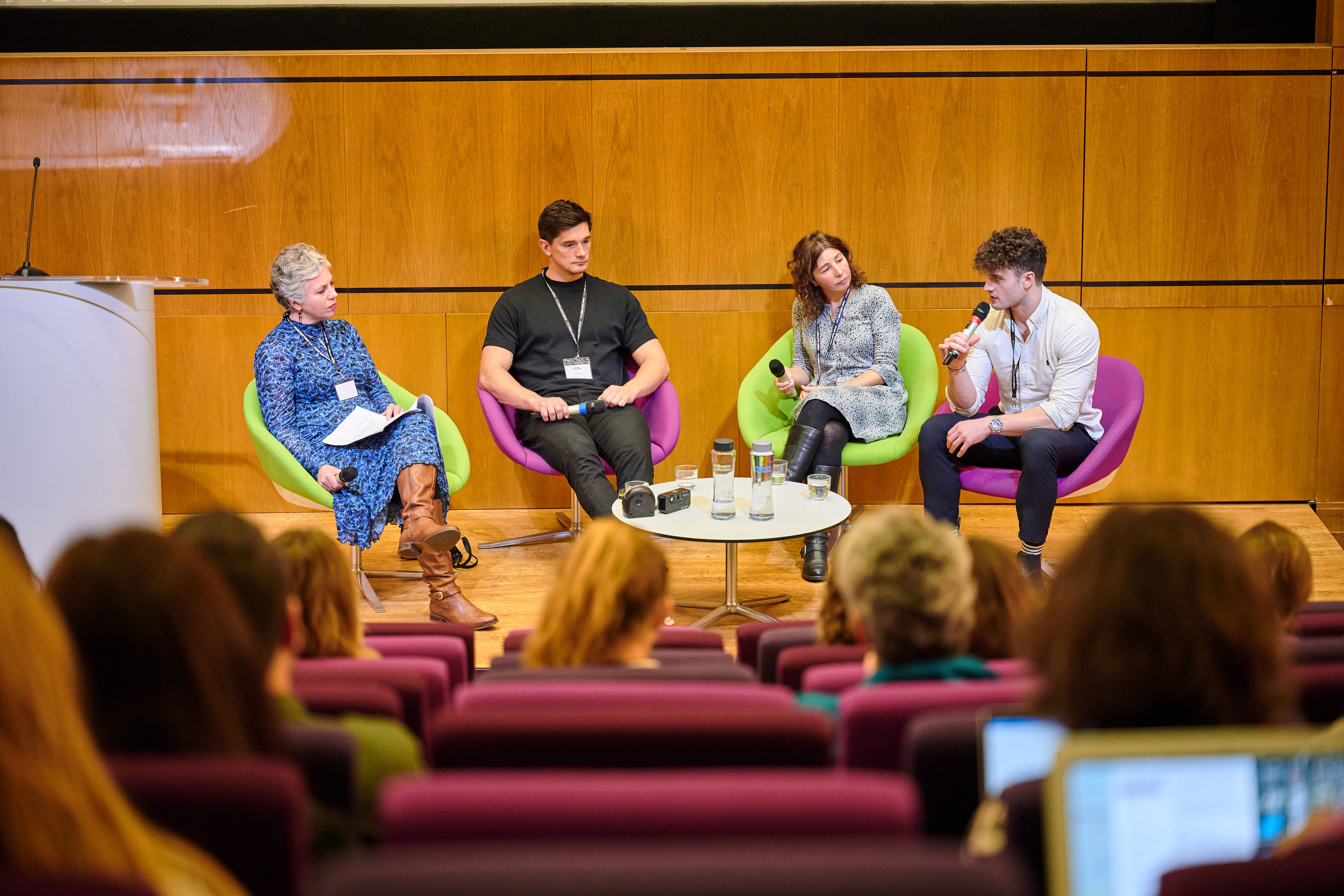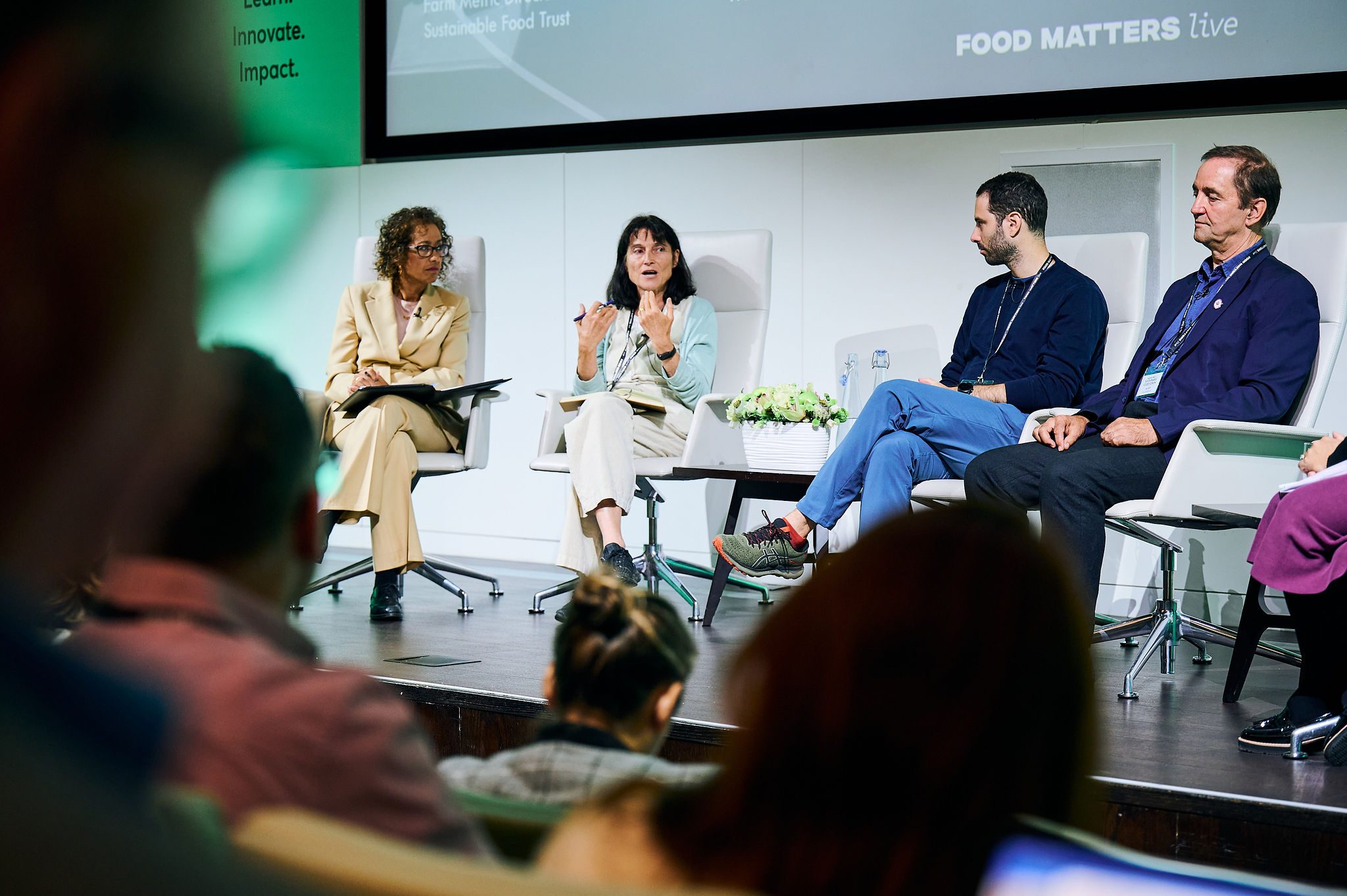Food as medicine: the link between nutrition, diet and health with Dr Rupy Aujila

Research shows that dietary changes can reduce your risk of lifestyle diseases, help manage conditions such as IBS and potentially even reverse metabolic disorders such as type-2 diabetes (more on this later).
In particular, a Mediterranean diet appears particularly beneficial, supporting cognitive, metabolic, immune and gastrointestinal health throughout life. It’s no coincidence that some of the longest living people in the world adhere to this eating pattern.
As if that weren’t compelling enough, a 2019 report by the World Health Organisation concluded that a stronger focus on nutrition within global health services could save as many as 3.7 million lives by 2025. For reference, that’s about the population of Uruguay.
Despite this, nutritional medicine is often overlooked in medical school; over a 5 year course, the average student receives around twenty hours instruction on nutritional medicine. For others, that number is 0.
Leading health professionals such as Dr Rupy, founder of The Doctor’s Kitchen, and Tim Spector, Professor of Epidemiology at King’s College London, are on a mission to resolve this glaring omission in healthcare delivery.
They are leading a pivot towards lifestyle medicine, with nutrition being a key pillar in this holistic healthcare model.
Lifestyle medicine frames food as a powerful medical tool, not to replace pharmacological interventions, but to augment them.
In a society that is over-medicated and often reactive when it comes to healthcare, a “food as medicine” approach puts the emphasis back on prevention, empowering people to manage their health proactively through diet.
Curated from the Food Matters Live podcast, the following episodes explore the many ways that diet can shape health and why nutrition is key to tackling the rise of lifestyle diseases.
Plates before pills: food as preventative medicine

Nutritional science has historically been overlooked in the medical curriculum. As a result, many GP’s and doctors shy away from offering dietary advice to patients, despite the fact that it’s a powerful first line defence against lifestyle diseases.
We’re joined by Dr Rupy Aujila, NHS GP and founder of The Doctor’s Kitchen. Drawing on his own experiences in practice as well as the latest scientific evidence, he explains why food should be seen as an important medical tool that can complement, rather than replace, traditional medical interventions.
Dr Rupy powerfully argues that a food-first, preventative approach to healthcare is what’s needed in light of rising lifestyle disease rates.
Along the way, he shares his own personal health journey with atrial fibrillation and explains how a change in diet helped him manage this rare cardiac condition.
Dr Rupy also discusses how his company, Culinary Medicine, is bridging the nutritional gap in medical training and empowering healthcare professionals to offer dietary support to patients.
Dietary do’s and don’ts in IBS management
Irritable Bowel Syndrome affects more than 1 in 20 people worldwide, resulting in abdominal cramps, bloating and unpredictable toilet habits. Despite its prevalence, the causes behind IBS remain poorly understood.
The condition significantly affects a persons quality of life, making dating, travelling and work difficult to navigate. One study found that IBS sufferers report a lower quality of life than those with inflammatory bowel diseases.
In this episode, we enlisted the help of Monika Bettney, AKA the Women’s Health Dietician. Drawing on over a decade of experience as a registered dietician, Monika looks at the potential causes of IBS- from stress and hormones to gut bacteria and genetics- guiding listeners through how to manage symptoms via dietary changes.
Monika discusses the pro’s and con’s of a low-FODMAP eating plan, an elimination diet developed at Monash University to help manage IBS symptoms. Navigating the topic with characteristic tactfulness, she tackles the potential risks of an elimination diet, especially for those with a history of disordered eating.
Can probiotics reduce IBS symptoms? Is it possible to eat too much fibre? Is how we eat as important as what we eat? These are just some of the questions touched upon in this insightful episode.
The DiRECT study: putting type-2 diabetes into remission with a low-calorie diet

Until recently, type-2 diabetes was thought to be a lifelong disease. That was until Roy Taylor, Professor of Medicine and Metabolism at Newcastle University, came up with a revolutionary theory.
Doctor Taylor observed that type-2 diabetes is practically non-existent among subsistence farmers. On the contrary, those with access to unlimited food are developing the disorder at an alarming rate.
These observations birthed his twin-cycle hypothesis of type-2 diabetes. According to this theory, long-term overconsumption of calories causes a buildup of fatty tissue in the liver.
Over time, this fatty tissue spills over into the pancreas, affecting its ability to produce insulin and leading to high blood sugar levels.
Based on this hypothesis, Dr Taylor predicted that a low-calorie diet would remove fatty buildup and reverse type-2 diabetes.
Funded by Diabetes UK, the DiRECT study is putting Dr Taylor’s theory to the test. Whilst research is ongoing, the results so far are remarkable.
Almost half of the study participants were in remission from type-2 diabetes after a year of the intervention, with 70% of these remaining so by the end of year two.
Overall, more than one-third of participants were clinically in remission after two years- meaning their blood sugar was stable without the need for medication.
The Food Matters Live podcast welcomes Dr Taylor to discuss his groundbreaking research on diet and type-2 diabetes. Dr Taylor explains how type-2 diabetes develops and why a medical low-calorie diet can help to reverse these biological dysfunctions.
As usual, Stefan quizzes our expert guest with the questions on all of our minds: Can this research be applied to all people with type-2 diabetes? Is a low-calorie diet achievable? What can the food industry do to help tackle the rise of metabolic disorders? Tune in to find out.















